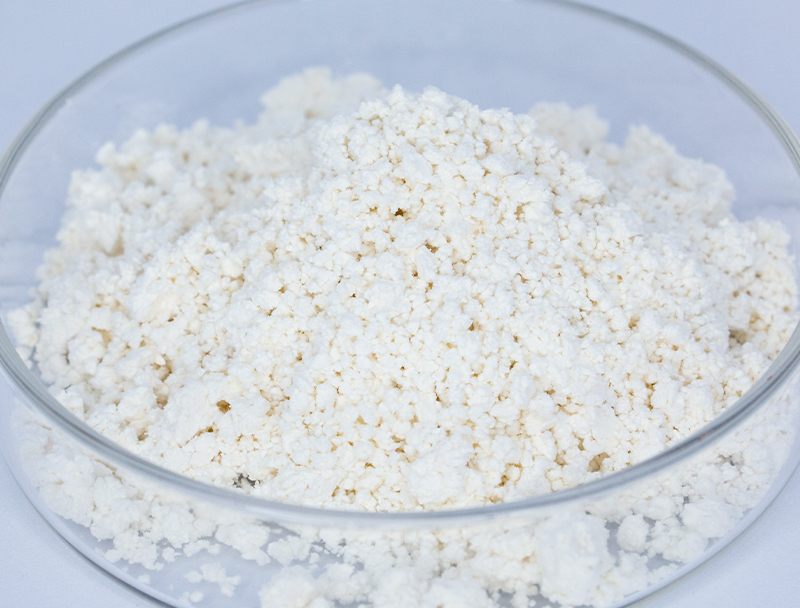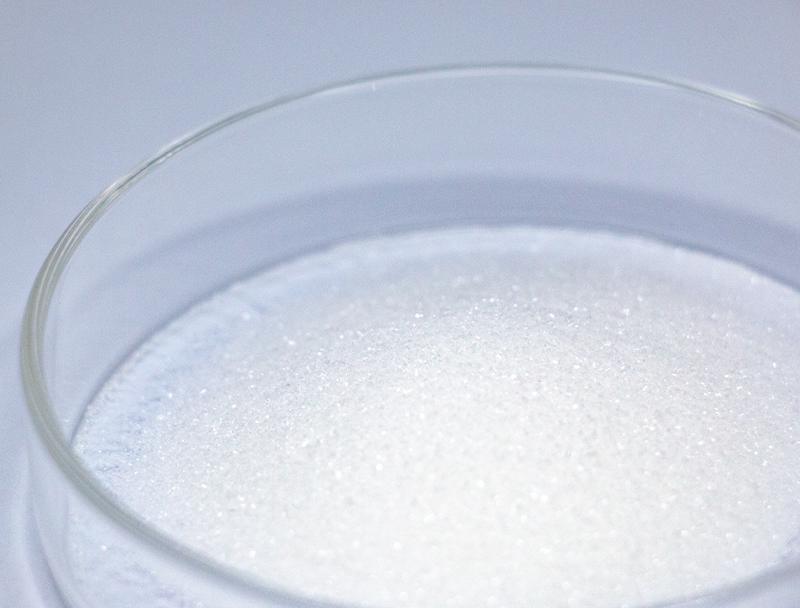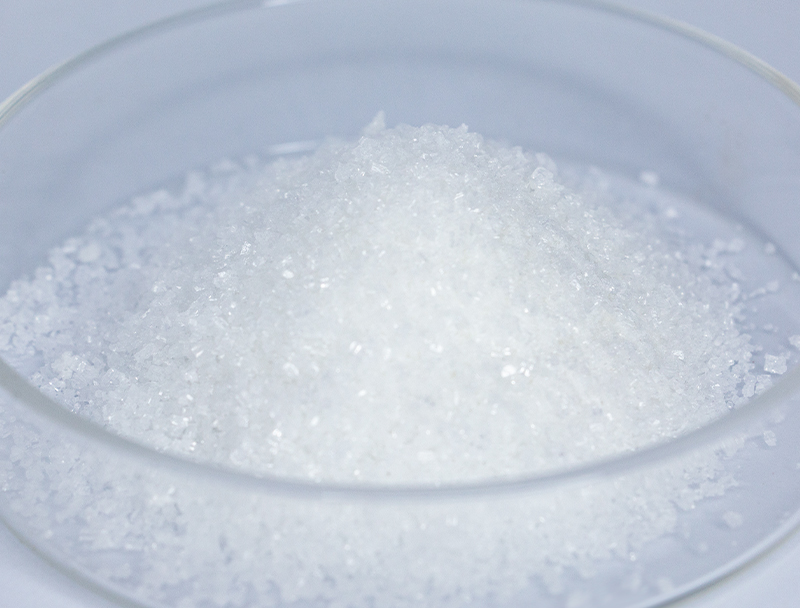
Large-scale bioproduction hinges upon a vast array of starting materials to create novel bio-derived items.
Maintaining responsible procurement of such inputs is paramount for the long-term viability and ethical growth of the industry.
multiple challenges associated with traditional raw material procurement for example habitat harm and overextraction of resources. Hence, industry players ought to pursue innovative supply solutions to lower carbon burdens.
- Illustrations of eco-conscious sourcing involve:
- Adopting organic-origin materials from crop remnants
- Operating reuse-focused platforms to lower discard and increase efficiency
- Teaming up with provincial partners who practice sustainable procurement
Shifting to ethical sourcing drives environmental value and long-term commercial viability.
Refining Biomass Sources to Enhance Fuel Conversion
Increasing biofuel conversion efficiency is tied to feedstock composition and condition. Analysts tirelessly probe advances to elevate feedstock conversion, producing improved fuel yields and a lower-carbon energy pathway. Efforts pair genetic enhancement for feedstock abundance with advanced pretreatment to produce usable sugars.
- Also, studies emphasize discovering resources such as seaweed, organic waste, and residual straw to diversify sustainable feedstock supplies for fuels.
- As a result of relentless efforts the industry should deliver significant enhancements paving a path to sustainable energy.

Biopharmaceutical Production: Innovations in Upstream Processes
spans early manufacturing steps including propagation and cell separation Modern progress within the sector has contributed to more efficient processes and higher production.
Significant developments incorporate advanced biological platforms, tailored medium blends, and precision reactor engineering. These changes expand productivity and help reduce both financial and environmental overhead.
- Furthermore, there is a growing trend towards continuous processing in upstream processing, allowing for increased flexibility over the production process.
- The adoption of higher-tech manufacturing practices will likely disrupt traditional models and speed therapeutic launches.

Gene Editing Breakthroughs That Elevate Biopharma Output
evolutions in genetic modification techniques have optimized therapeutic biosynthesis. Using precise gene interventions, engineers raise the output of key therapeutic proteins. This capability can unlock development of cost-efficient, high-performance biologics for many conditions.
Using Microbial Systems for Site-Specific Remediation
forward-looking microbial interventions for environmentally friendly decontamination. Specialized microbes can enzymatically degrade pollutants to reduced-toxicity products.. Applying microbial remediation systems creates low-impact cleanup options that address contamination efficiently.. Laboratories test microbial species for efficacy against metals, pesticide pollutants, and oil-related contamination. Microbial strains work in bioreactor settings or on-site applications to convert pollutants through biological pathways..
Employing microbial strategies for remediation provides multiple benefits versus traditional techniques. The approach tends to lower treatment costs and avoids producing toxic residuals. In addition, microbial approaches enable pollutant-specific treatment without broad ecological disruption. Advancements continue apace to increase the speed, efficiency, and applicability of microbial remediation techniques.
Digital Methods Accelerating Pharmaceutical Discovery
Computational tools have grown indispensable in the current drug discovery landscape. From predictive screening to lead refinement, computational biology underpins more efficient drug pipelines.
- Using extensive genomic, proteomic, and patient data, analysts discover targets and anticipate therapeutic performance.
- Concurrently, virtual screening and simulation shape the development of more effective therapeutics.
- Finally, data-driven informatics is changing drug development and hastening patient access to effective therapies.
Optimizing Metabolism to Increase Bioproduct Production
applies assorted techniques to boost microbial synthesis of valuable compounds. These strategies can involve genetic modifications to optimize metabolic pathways, regulation of gene expression, and the introduction of novel genes to confer new capabilities.. By calibrating pathway dynamics and expression levels teams can greatly amplify bioproduct yields.
The multifaceted strategy promises to reshape sectors like biotech, agritech, and renewable fuel industries.

Challenges and Opportunities in Scaling Up Biopharmaceutical Production
Upscaling therapeutic manufacturing brings major obstacles along with promising prospects. One major challenge is maintaining consistent product quality at increased scales. Addressing it demands strong process governance, accurate real-time analytics, and advanced measurement systems.

Complexity in multi-step biomanufacturing operations presents ongoing operational challenges.. Scaling optimization is a resource-intensive task that calls for substantial innovation and study.. Despite challenges, the benefits may be considerable. Skilled scaling can enlarge supply, lower prices, and increase profit potential.
A range of strategies is being implemented to address scaling problems. They encompass new process-improvement tools, in-line analytics for continuous oversight, and creative manufacturing approaches.
- Development efforts are also playing a crucial role in advancing biopharmaceutical production capabilities.
- Regulators are adapting frameworks to speed authorization of novel manufacturing approaches and spur innovation.
Understanding Regulatory Oversight to Ensure Biopharmaceutical Quality
Producing biopharmaceuticals demands comprehensive oversight to guarantee safety and clinical effectiveness. Biologically based treatments require tailored oversight and production controls beyond those for typical medicines.
Institutions such as the U.S. FDA and European EMA lead in formulating regulations and benchmarks for biologic approvals..
Robust assay and safety testing are obligatory from discovery through post-marketing surveillance.. These steps are designed to surface risks and verify that biopharmaceuticals comply with elevated safety thresholds..
In addition, regulatory entities adapt their frameworks to stay current with rapid research and technological developments.. Efforts comprise integrating cutting-edge tools and easing development pathways while upholding patient safety.

Plant-Origin Feedstocks in the Production of Bioplastics
The growing need for sustainable materials has led to a surge in research and development of renewable options. Plant-based bioplastics made from biomass feedstocks present a hopeful path to reduced plastic impact. Biomass sources such as cornstarch, cellulose, and sugarcane are usable to produce plastics that biodegrade and reduce ecological impact.
Likewise, some plant-derived plastics perform similarly to petroleum-based materials for a variety of uses.. Continued research and innovation in this field are crucial to unlocking the full potential of plant-based biomass feedstocks in the manufacture of sustainable bioplastics, paving the way for a circular economy.
Biotechnology's Impact on Global Health and Food Security
Biotechnology offers potent solutions for advancing public health and enhancing food security. Via genetic modification, synthetic design, and therapeutic cell technologies, researchers build solutions to control infections, increase crop productivity, and enrich food quality.. One example is bioengineered crops that withstand pests and stressors, enabling higher yields with less pesticide input.. Concurrently, biotechnology drives development of immunotherapies, antibiotics, and diagnostics that play a key role in controlling diseases and improving health 2-Ketoglutaric acid metrics. Continued scientific progress suggests biotechnology will increasingly underpin healthier, more sustainable societies worldwide.
